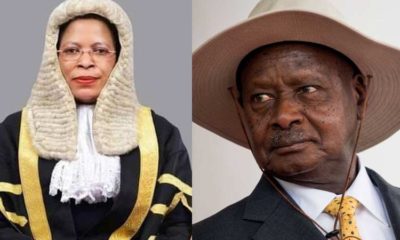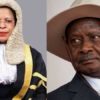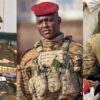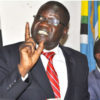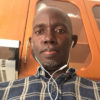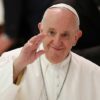Analysis
Korea makes big comeback

Guests arrived amid fanfare
But last week’s events to commemorate the country’s 4, a spectacular display of cultural attire, colourful decorations, tones of food and a flood of wines, bears and soft drinks that left many wowed.
It was about welcoming Ugandans back into Korean embrace as much as it was a statement of intent that the Asian country is ready to make new friends from everywhere else.
South Korea retreated from Uganda and several other countries about twenty years ago to concentrate on national issues. That policy seems to have paid off handsomely as it enabled them to put in place an economic infrastructure and national consciousness that has allowed them to compete with the developed west.
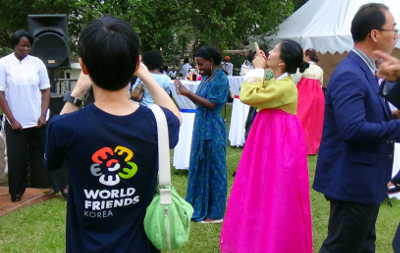
Korea world friends is the new approach
Korea’s second coming therefore presents opportunities and challenges, especially in terms of how Uganda responds to Korea’s ‘we-mean-business-approach’.
Last evening therefore provided yours truly an opportunity to network and interact with some of the guests, particularly reflecting on the country’s remarkable progress from a backward economy to the first world and its new charm offensive targeting Africa.
Dr. Andrew Kiggundu, the head of the Biotechnology Centre at the National Agricultural Research Laboratories (NARL) at Kawanda, argues that Korea’s new appetite for opportunities in Africa is not surprising.
“I think many countries are looking for opportunities to boost their economies in different ways. And Africa is the place where it will be different, where opportunities still exist.” said Dr. Kiggundu.
As South Korea extends its horizons and influence, one views a familiar pattern used by many other countries of using aid to bargain for bigger trade deals with African countries. What may be different with Korea perhaps, is her willingness to share experiences about her unique development history with leaders and the masses in Uganda considering that the Asian country was at the same level of development with many African countries just 50 years ago.
“I believe Korea, as a late comer in the donor community, with its unique status in the history of development, can contribute most by sharing its experience and know-how in social-economic transformation,” said Ambassador Park.
Over the past few years, South Korea has doled out substantial aid to Uganda including the establishment of a farmers’ leadership training centre at Kampiringisa in Mpigi district, a fruit processing factory in Soroti, a Vocational institute in Ntinda, Kampala and several ICT-related projects currently underway in several government departments.
On the other hand, the country has positioned itself for major lucrative deals in Uganda including the highly anticipated Oil refinery project in Hoima, not forgetting the ongoing construction of East Africa’s first cable bridge on the Nile river that is being carried out by Koreans.
As Ambassador Park noted, South Korea’s success story offers lots of inspiration for many poor countries that were at the same level of economic development just 50 years ago.
At the heart of Korea’s runaway success, was a deliberate notion-wide mindset transformation espoused through the Saemaul Undong or small village movement that was characterised by hard work, diligence and self-help.
A number of observers argue that Uganda needs to better itself if it is to avoid past mistakes of being a source of raw materials for developed countries.
Ambassador Park expressed optimism that Uganda can achieve rapid economic change perhaps comparable to Korea’s.
“I am very excited at the prospect of Uganda becoming the agricultural hub and energy hub of Africa. I am sure it could be done, with the renewed spirit of determination, unity and confidence of the people of Uganda,”added Ambassador Park: “Uganda is endowed with all the blessings that you can ask for. Arguably the best weather in the world, very fertile soils, and striking natural beauty.”
But prevailing social, economic and political conditions in Uganda are a source of worry for some that the country may not achieve rapid transformation to middle income status as envisioned by the leaders.
Dr. Kiggundu says: “I think our problem is that we have not crystallized our agenda and got everyone behind it. You may not be surprised that each and every Korean knows their national agenda. For us, we just say we want development but don’t focus on it. If it is there, it has not been well packaged,”
Kiggundu adds that Uganda forward match continues to be frustrated by lingering divisions based on tribal and religious divisions.
But more importantly perhaps, according to Kiggundu, the country suffers from a serious leadership vacuum at many levels of society.
“We still have challenges in leadership. I have sensed that the predominant leadership style in Uganda is about maintaining the status quo. But leadership should take another step to leave things better than you found them. This is what Koreans are doing,” adds Kiggundu.
Comments



